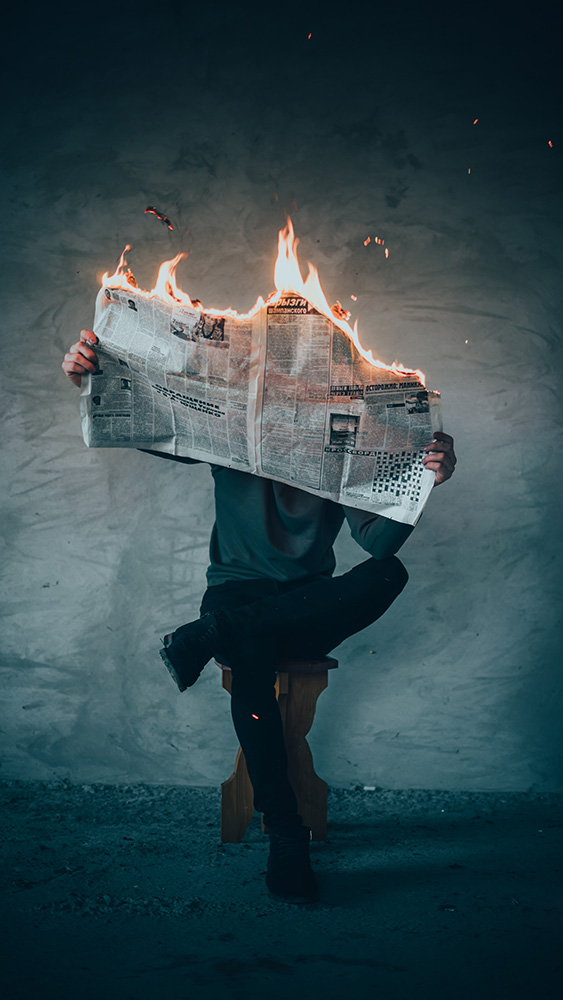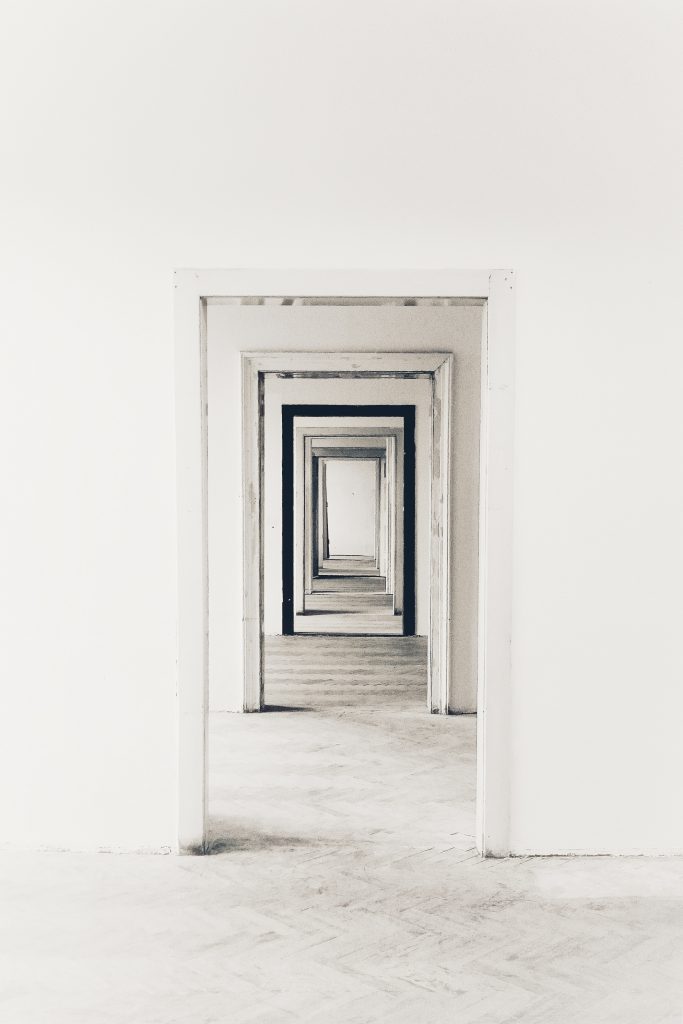In the early days of the COVID19 pandemic, I could not understand why this was such a big deal. The early reports suggested the fatality and impact was not much less significant than the flu, but nevertheless parts of China had gone onto lockdown. Having lived through several media-hyped disease risks that ended up being effectively contained, I could not see why this would be any different.
Except it was clear something was different. The urgency with which it kept being reported, and the early predictions of how China’s shutdown could affect the supply chain, kept communicating an underlying and confusing menace that the information did not help me understand. When Governor Inslee began canceling all events larger than 250 people, I realized, “Even if I don’t understand this, I have to deal with it.”
Reading the reports of Italy’s overwhelmed hospital systems finally helped me understand the risk of its unique infectiousness and the secondary consequences of a system overwhelmed by new cases. Anticipating that soon Washington would entirely be on lockdown, I decided to end my Men* Making Connections group and transition entirely to telehealth. This was a difficult, painful decision, and immediately after making it I knew it was the right one.
Transitioning to telehealth has had its challenges, and you may have seen the many articles of why Zoom meetings are so draining. I’m not entirely convinced we can look at the experience of being drained separate from the collective anxiety and disease of the moment we’re experiencing. Though the early days of telehealth felt draining to me, I took a vacation and recommitted to my spiritual practice, and I began to rediscover my footing as a therapist.
The reason I created my Men* Making Connections group was because I highly value the experience of being in a room together, sharing our feelings and truths. There is something about that connection that is different than what we get through screens. When I was a kid and the Internet was new, I discovered my social awkwardness in daily life didn’t hinder me from making friends on the Internet, many of whom thought I was mature and older than my years.
In part, that was due to Internet communications being entirely text-based at the time. With time to reflect and respond in my own time, I could craft a persona. When it came time to spontaneous conversations with people who could see and hear me, I froze.
So the idea of canceling my in-person social connections group so we could practice social distancing was painful, and at the time I couldn’t even imagining transitioning that to a video experience.
Nevertheless, after two months of full-time telehealth from my home office, I’ve come to feel it has a great deal to offer as a way of doing mental health counseling. The limitations, of course, are that it demands more of clients to do what is needed to adjust their circumstances in ways that were easy with having my own office—creating a space outside their daily lives where they could be fully themselves, having a safe space where they won’t be overheard by others and can express their full truth.
All that being said, the work of listening, understanding, and helping clients to sense into their bodies, listen to themselves, dialogue with their parts is doable.
From the beginning, once I left the office I wondered whether I should keep it. No one can predict the future with accuracy, but historical pandemic cycles suggest a second wave happening in the fall and winter after outbreak. And while other states are reopening, I do not understand why. There does not yet appear to be any effective treatment, vaccination, or prevention of the virus outside of social distancing. (That is disingenuous. I believe I understand why there has been a push for reopening, and I do not agree with it. I support investing in the safety net and support of people who are currently unemployed so they can weather this storm, rather than forcing them to choose between losing unemployment or risking infection by going back to work.)
When I imagine doing therapy with someone while wearing masks, I know that is possible, but it hurts my heart. It creates its own barriers. I would rather do telehealth, where we can see and hear each other, we can connect, and we can mitigate the disease risks of being in the same room for an hour breathing the same air—not to mention all the contacts we would encounter in the process of coming to the office.
My telehealth office remains in north Seattle, and I am considering the opportunities of meeting clients who want in-person connections for socially distanced walks or meetings in the park. At the same time, I am excited by the possibility of working with clients who may be great matches but live in other parts of Seattle, or even Washington state.
My hope is that, first of all, I am overreacting and all this will go away by this summer. That hope seems unlikely. My more pragmatic hope is that by this time next year we’ll be better positioned and I can start looking for office space in north Seattle again. But I cannot predict the future, I can only look at what’s in front of me and make the decisions that seem the best with what I know.
I am so thankful for the clients who have been with me through this process, and I have space and desire for more clients.
All this said, these are the choices I made, and my reasons. My colleagues may be making different choices based on their own assessments of the very real risks of exposure against the very real mental health risks of too much isolation and disconnection. Not every person can do telehealth, and so I honor those who are willing to show up to their offices for those clients.











